What Works – School Meals Programs (2023)
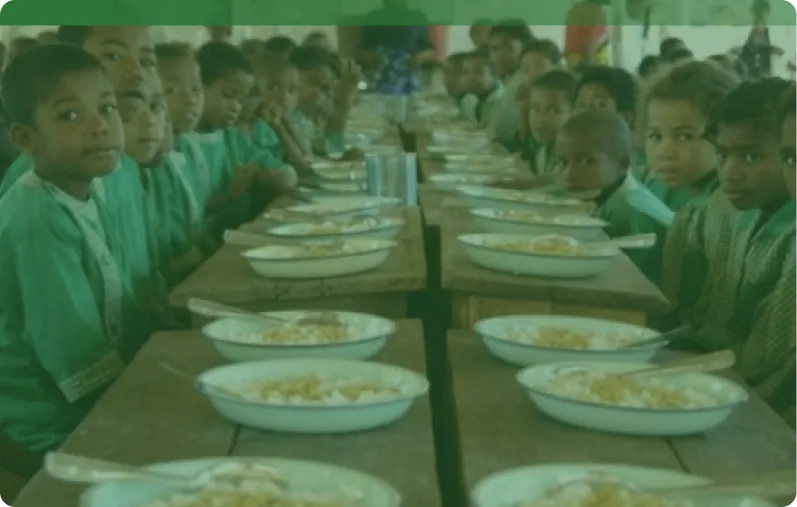
There is a significant—and growing—body of evidence that well-designed and effectively delivered school meal programs are a cost-effective and scalable means to build human capital, improve learning outcomes, and improve health and nutrition. Despite setbacks during the pandemic, school meals programs have remained one of the largest social safety nets in the world, with 418 million children now benefiting from programs, an increase of 30 million from the level prior to 2020. Policymakers are eager to utilize this lever for change, as evidenced by 76 national governments who have joined the School Meals Coalition since its creation in 2021.
Global Education Forum – Investment Case for School Health and Nutrition (2022)

This is an invited memo prepared for the 2022 Spring Meeting of the Global Education Forum. It addresses the importance of the condition of children as a determinant of education outcomes, and specifically the role of school meals in addressing the well-being and learning of schoolchildren.
Global Education Forum – Background Document for School Health and Nutrition (2021)

The Global Education Forum (GEF) was established in 2019 to address challenges in the education financing architecture and develop greater collaboration between and coordination of education donors, and to advocate for investment and the acceleration of progress towards SDG4. In this Action Memo, we consider proposals for more effective donor investment in school health and nutrition.
SFI Country Case Study – Tanzania (April 2022)

One of the Sustainable Finance Initiative’s seven rapid country case studies studying the state of school meals programs
SFI Country Case Study – Senegal (April 2022)

One of the Sustainable Finance Initiative’s seven rapid country case studies studying the state of school meals programs
SFI Country Case Study – Rwanda (April 2022)

One of the Sustainable Finance Initiative’s seven rapid country case studies studying the state of school meals programs
SFI Country Case Study – Guatemala (April 2022)
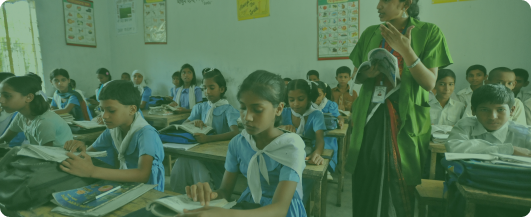
One of the Sustainable Finance Initiative’s seven rapid country case studies studying the state of school meals programs
SFI Country Case Study – Bolivia (April 2022)
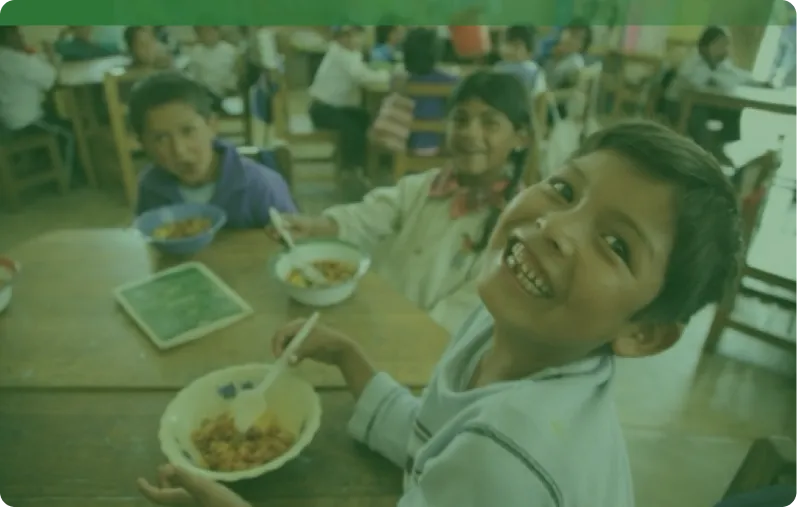
One of the Sustainable Finance Initiative’s seven rapid country case studies studying the state of school meals programs.
SFI Country Case Study – Benin (April 2022)

One of the Sustainable Finance Initiative’s seven rapid country case studies studying the state of school meals programs
SFI Country Case Study – Bangladesh (April 2022)
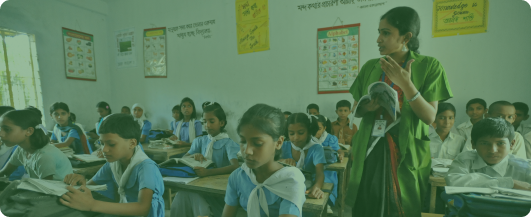
One of the Sustainable Finance Initiative’s seven rapid country case studies studying the state of school meals programs.
School Meal Programmes: A missing link in food systems reform (2023)
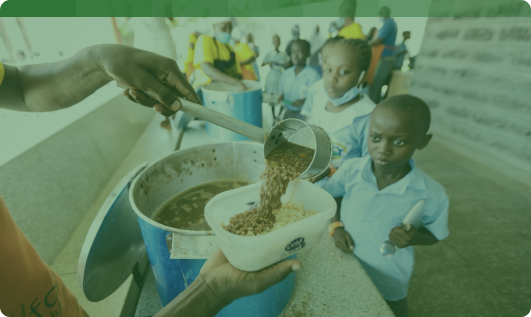
This briefing paper identifies a range of approaches for realizing the wider potential of school meal programs as an engine for food system reform.
Finance for school feeding: Unlocking opportunities for learning, nutrition, and food security (2022)

Policy brief prepared by the Sustainable Financing Initiative of the School Meals Coalition.
School Meals Programmes and the Education Crisis: A Financial Landscape Analysis (2022)

This briefing paper identifies a range of approaches for realizing the wider potential of school meal programs as an engine for food system reform.
Offer of Support to Countries: Developing Sustainable Financing Strategies for National School Feeding Programs

This note details the offer of support to national governments willing to develop sustainable financing strategies for national school feeding programs that is provided by the Sustainable Financing Initiative for School Health and Nutrition (SFI) as part of the activities of the School Meals Coalition.
Sustainable Financing Initiative (SFI) Concept Note

The Sustainable Financing Initiative (SFI) for School Health and Nutrition is one of the five initiatives under the School Meals Coalition and is hosted at the Learning Generation Initiative at EDC. Learn more about the aims, objectives, and plans for the SFI.
School Health & Nutrition Overview

The School Health and Nutrition (SHN) transformation is part of the Learning Generation Initiative (LGI), whose mission is to empower the people within and connected to education systems to enable all children to be learning within a generation. This 2-pager outlines the goal of the SHN transformation, which is that governments prioritize investments in school health and nutrition to advance equitable access to education and learning for all.
School Meals International Donor Analysis

As noted in its executive summary, this report looks at school meals “aid delivery through different windows, both to shed light on financial flows—and to explore discrepancies in the data.” It highlights the need for increased transparency and accountability in aid flows and suggests how the donor community can prioritize school feeding and maximize its impact on children’s lives.
School feeding and the Sustainable Development Goals

This report calls for urgent global action to expand school feeding programs to address childhood hunger and poverty while improving education outcomes. It sets out the case for a drive to expand the reach of programs in LICs and LMICs by providing two scenarios for expansion and associated cost estimates for delivery, as well as financing options for governments
Climate Finance for Sustainable School Feeding: Exploring the Options

School feeding programmes reach 418 million children per day. Their scale means, if done with the principles of sustainability in mind, they have potential to contribute to improving adaptation capacity of food systems.
Prospects of Earmarking Africa’s Oil and Mineral Revenues for Sustainable School Feeding Programmes

National school meal programmes aimed at reaching all students are estimated to cost between 0.05% and 0.26% of GDP in low- and middle-income countries (LMIC) or roughly US$77 per child per school year. In countries with moderate natural resource revenues, ranging from 1% to 5% of GDP, such as Senegal, these revenues could easily fund essential social protection systems such as school meals. This paper explores feasibility of earmarking Africa’s oil and mineral revenues for sustainable school feeding programmes, which are contingent on country-specific nuances of political economy and the government institutional capacity.
Debt Swaps for School Meals: Opportunities and Constraints

School meals are a vital social safety net, supporting education, nutrition, and local economies. Despite strong political commitment, financing remains a challenge, especially in debt-burdened countries. This paper explores debt-for-food swaps as a potential funding solution, assessing feasibility, past applications, and how they could scale to sustain school feeding programs.
Guidance for the Development of a National School Feeding Financing Strategy

Political commitment to school feeding has been growing globally, as demonstrated by the success of the School Meals Coalition (SMC). Most countries have adopted national school feeding strategies. However, these strategies are seldom supported by costing estimates or a credible financing strategy, which is recognized as a prerequisite for sustainable school feeding strategies. In cooperation with the World Food Programme (WFP), the SFI has addressed this demand in by developing this guide, which is intended to provide methodology and guidance to the development of such School Feeding Financing Strategies. Intended users of this guide are government officials as well as organizations and agencies providing technical support to governments, such as WFP.
Innovative Financing for School Feeding

Expanding school feeding can drive progress across health, education, and equity—but financing remains a major barrier. This report explores how innovative financing strategies—from sin taxes and debt swaps to climate finance—can unlock new resources, enabling countries to scale up programs that transform lives and support sustainable development.
School feeding and the Sustainable Development Goals

This report calls for urgent global action to expand school feeding programs to address childhood hunger and poverty while improving education outcomes. It sets out the case for a drive to expand the reach of programs in LICs and LMICs by providing two scenarios for expansion and associated cost estimates for delivery, as well as financing options for governments
